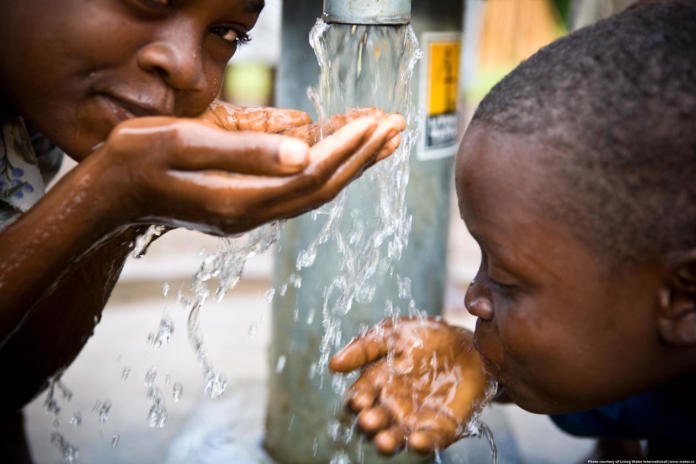RUSSIAN energy giant Rosatom has introduced its mobile water treatment and desalination units to the South African market.
South Africa is considered to be a water scarce country with an average rainfall of 450 mm per year, which is almost half the global average of 870 mm per year, making South Africa the world’s 30th driest country.
While it is estimated that close to 90% of South African households can access piped water, most of these households don’t have water running directly into their homes. The global Covid-19 pandemic is further highlighting the country’s clean water shortages as people require better access to clean water for sanitary purposes.
According to Ryan Collyer, the Acting CEO of Rosatom Central and Southern Africa, the company aims to bring their mobile water treatment solutions which are designed and produced by Rosatom subsidiary JSC “Science and Innovations” into South Africa as an intermediate solution for urban and rural areas that don’t currently have access to clean water or are experiencing water disruptions due to failed infrastructure.
The company offers various technologies for the treatment of water and has a vast amount of experience in water treatment and desalination. The UMKWA mobile water treatment solution is a fully containerized system that is mounted to the back of a standard one ton pickup truck. The units which are produced in Russia can be deployed to South African customers in a very short period of time to help solve the current issues.
“They can be used along rivers, dams or even the ocean. Clean water can then be distributed at the site of treatment or can be transported by tanker and distributed to nearby residents. The units can also add much needed support to ailing municipal water treatment facilities. We also offer larger containerized solutions which may replace existing outdated facilities”, highlighted Collyer.
The UMKWA units which are able to reliably treat one ton of water per hour can be configured to handle various water conditions including sea water desalinization and are therefore very well suited to drought stricken coastal areas. The units require very little set up and can be operational within six minutes, and only require one operator per unit.
The units require no additional chemicals and make use of state of the art UV disinfection and low pressure reverse osmosis to treat the water and thereby meet all World Health Organisation standards. The units require a 5 kW power source and come standard with a petrol generator; however they can be powered by solar or can be connected to a municipal power point.
UMKWA units require very little maintenance, make use of standardized filters and come with an optional maintenance support programme. The units are perfect for various applications including construction sites, mines, hotels and lodges in isolated areas, hospitals and clinics as well as for municipalities and rural development programmes.
“Rosatom Central and Southern Africa saw the immediate need for short term water treatment solutions in the region and we therefore decided to fast track the introduction of our mobile water treatment units into South Africa,” continued Collyer. “The aim is to distribute these units across the continent to give people access to clean water to improve living standards and in the hope that it will help curb the spread of the coronavirus as well as prevent the spread of water borne diseases such a cholera which sadly still claims the lives of thousands in Africa each year.”
